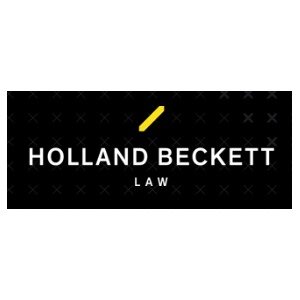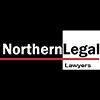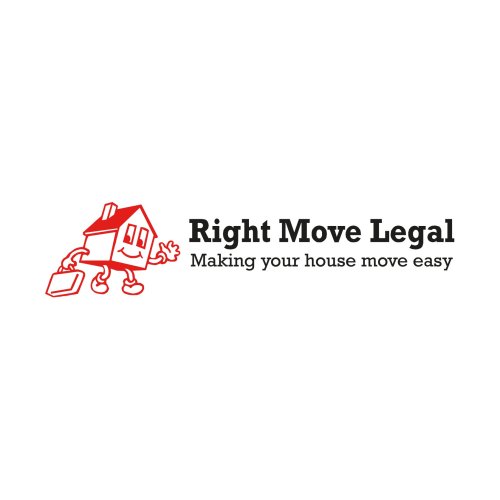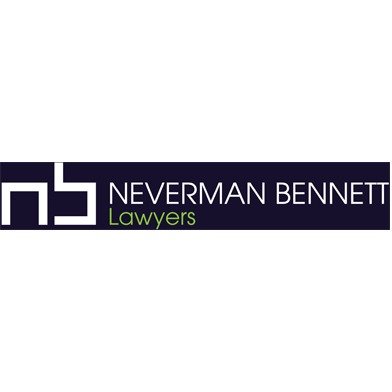Best Mortgage Lawyers in New Zealand
Share your needs with us, get contacted by law firms.
Free. Takes 2 min.
Free Guide to Hiring a Real Estate Lawyer
Or refine your search by selecting a city:
List of the best lawyers in New Zealand
About Mortgage Law in New Zealand
Mortgage law in New Zealand encompasses the legal framework that governs the borrowing of funds secured against real estate properties. The process typically involves a lender (usually a bank) providing a borrower with the necessary funds to purchase real estate, with the property itself serving as collateral for the loan. The legalities cover everything from the application process to repayment terms, and what happens in the event of default. These laws ensure the rights and obligations of both lenders and borrowers are protected.
Why You May Need a Lawyer
There are several situations in which you might need legal assistance regarding mortgages in New Zealand:
- Reviewing mortgage documents to ensure you understand your obligations and rights.
- Assisting with negotiations for mortgage terms to get favorable conditions.
- Resolving disputes with lenders, such as those arising from alleged breaches of the mortgage contract.
- Navigating complex mortgage structures for property investment or business purposes.
- Dealing with issues related to mortgagee sales or foreclosure proceedings.
Local Laws Overview
Key aspects of local laws related to mortgages in New Zealand include:
- Property Law Act 2007: This act outlines the rules for property transactions, including mortgages. It protects both the lender and borrower and stipulates what happens in case of default.
- Credit Contracts and Consumer Finance Act (CCCFA) 2003: This law is designed to protect consumers in relation to consumer finance contracts and includes disclosure requirements and responsible lending obligations.
- Financial Markets Conduct Act 2013: This provides a regulatory framework for financial market activities, including the offering and operation of mortgage lending facilities.
- Residential Tenancies Act 1986: Although primarily concerning rental properties, some provisions affect homeowners and landlords involved with mortgages.
Frequently Asked Questions
What is the minimum deposit required for a home loan in New Zealand?
As of the latest guidelines, most banks in New Zealand require a minimum deposit of 20% of the property's value. However, there are exceptions, such as for first-home buyers through certain government schemes which might require less.
What happens if I default on my mortgage payments?
If you default on mortgage payments, the lender may initiate a mortgagee sale or foreclosure to recover the amount owed. It is crucial to seek legal advice early if you're facing financial difficulties.
Can I negotiate my mortgage agreement terms?
Yes, you can negotiate terms such as interest rates, repayment schedules, and other conditions with the lender. Legal advice can be invaluable in ensuring you get the best possible terms.
What are my rights under the CCCFA?
The CCCFA protects you by ensuring lenders disclose interest rates, fees, and repayment terms clearly. It also mandates responsible lending practices to avoid consumer exploitation.
Are there special mortgage considerations for investment properties?
Yes, investment property loans often come with different terms compared to residential loans, such as higher interest rates and stricter lending criteria.
How can I switch my mortgage provider?
Switching providers can be a strategic move to take advantage of better terms. However, understand the fees and penalties associated with early termination of your existing mortgage before making a decision.
What is a mortgage broker, and should I use one?
A mortgage broker acts as an intermediary between you and potential lenders, presenting you with different loan options. They can be particularly useful in finding competitive rates and products suited to your needs.
Is it possible to pay off my mortgage early, and are there penalties?
Paying off your mortgage early can save interest. However, some mortgages may carry early repayment penalties. It's essential to review your contract and consult with your lender or legal advisor.
How does the KiwiBuild scheme affect mortgages?
KiwiBuild is a government program aimed at increasing affordable housing. The scheme affects mortgages by potentially providing access to lower-priced homes, which may require lower mortgage amounts.
What protections do I have if I feel my lender has treated me unfairly?
If you believe your lender has acted unfairly, there are several dispute resolution schemes available, such as the Banking Ombudsman, where complaints can be lodged and independently reviewed.
Additional Resources
For more information and assistance, consider reaching out to the following resources:
- Consumer Protection: Provides information on your rights when it comes to loans and mortgages.
- Sorted.org.nz: A free, independent website with tools to help you manage your money, including mortgage calculators.
- Citizens Advice Bureau (CAB): Offers free advice on a variety of legal topics, including mortgages.
- Financial Markets Authority (FMA): Regulates financial markets and can provide guidance on fair lending practices.
Next Steps
If you need legal assistance with mortgages in New Zealand, consider the following steps:
- Identify your specific legal needs, whether it's reviewing a contract or resolving a dispute.
- Seek out a qualified mortgage lawyer or legal advisor experienced in New Zealand's property law.
- Prepare all relevant documents, such as mortgage agreements and correspondence with lenders, to provide to your lawyer.
- Consider consulting with more than one lawyer to find someone you trust and whose fees align with your budget.
- Continue to educate yourself using online resources and official publications to better understand and navigate the mortgage landscape.
Lawzana helps you find the best lawyers and law firms in New Zealand through a curated and pre-screened list of qualified legal professionals. Our platform offers rankings and detailed profiles of attorneys and law firms, allowing you to compare based on practice areas, including Mortgage, experience, and client feedback.
Each profile includes a description of the firm's areas of practice, client reviews, team members and partners, year of establishment, spoken languages, office locations, contact information, social media presence, and any published articles or resources. Most firms on our platform speak English and are experienced in both local and international legal matters.
Get a quote from top-rated law firms in New Zealand — quickly, securely, and without unnecessary hassle.
Disclaimer:
The information provided on this page is for general informational purposes only and does not constitute legal advice. While we strive to ensure the accuracy and relevance of the content, legal information may change over time, and interpretations of the law can vary. You should always consult with a qualified legal professional for advice specific to your situation.
We disclaim all liability for actions taken or not taken based on the content of this page. If you believe any information is incorrect or outdated, please contact us, and we will review and update it where appropriate.
Browse mortgage law firms by city in New Zealand
Refine your search by selecting a city.

















